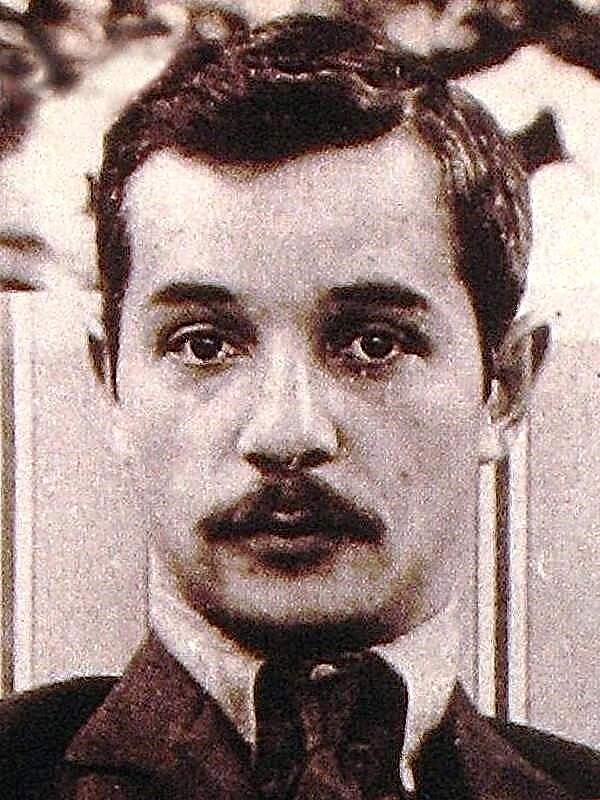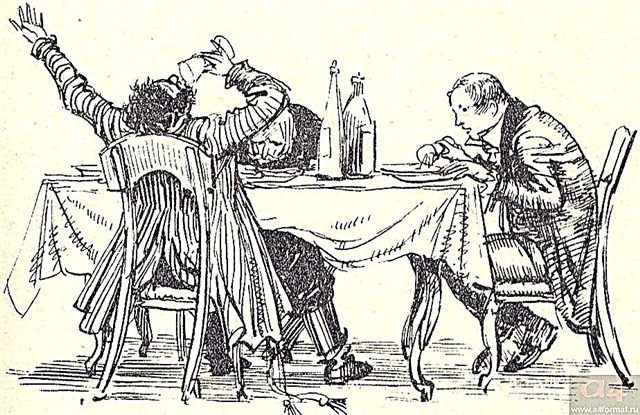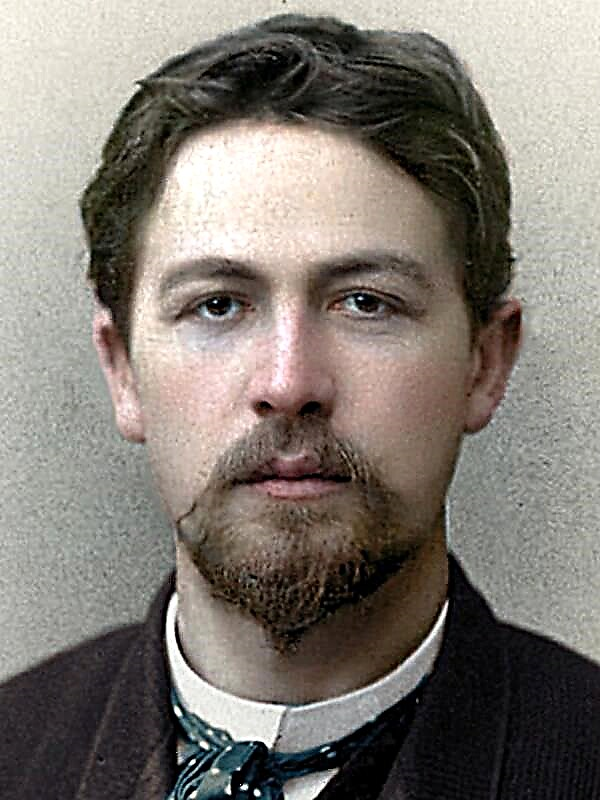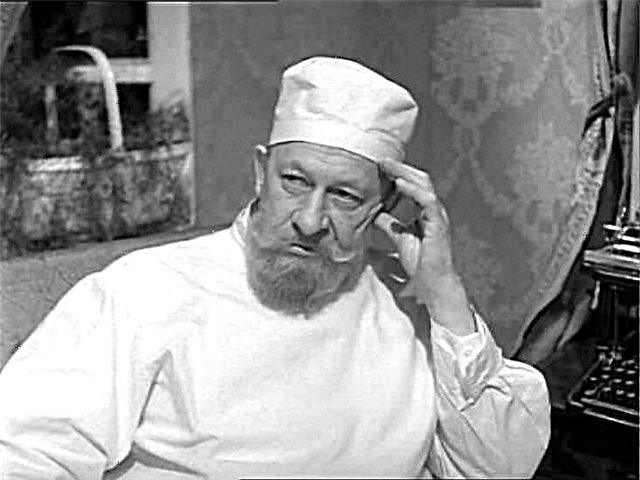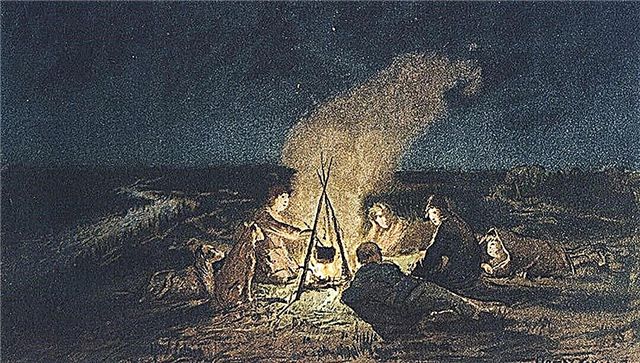Everyone knows the phrase of Nikolai Zabolotsky: "There is no sadder treason in the world than betrayal for oneself." What truly wise words! But what exactly is hidden behind the betrayal of oneself? How is it possible to change oneself? And why is treason worse than any other betrayal? I believe that the author is right, because by betraying ourselves and our ideals, we forever lose harmony in the soul.
Recall the hero of the story of Nikolai Gogol "Taras-Bulba", the youngest son of Taras, Andrei. All his life his father raised him as a real Cossack, a patriot of his homeland, taught to protect it. From childhood, the child was instilled with respect and love for the place where he was born, and for those people with whom he grew up. All this was deposited in the head, and was perceived as truth, except for which nothing else exists. But as soon as Andrei met the girl, he forgets his father, the principles that he adhered to, close people, and most importantly - the Motherland, his Fatherland. He takes the side of the enemy. In a similar way, he betrays not only his father and country, he betrayed himself, his views on life. And, as the denouement of the story shows, such betrayals have no place on earth. Taras Bulba killed his own son for his weakness, because this should not be forgiven. And Andrei himself did not forgive himself for this, so he himself went to his death.
And in the novel by Alexander Sergeyevich Pushkin "Captain's Daughter" we see two completely opposite heroes. One is true to himself even with the threat of death, he fully follows his father’s testament: “Take care of your honor from a young age!” And the second, on the contrary, is a coward. This person is ready to betray everyone: comrades, colleagues, family, own love. But the worst thing is that this person can easily betray his own principles. He does this by changing his promise to serve the motherland and the empress, swearing allegiance to the rebel Pugachev. One hero, true to himself, is Peter Grinev, the other, a coward and a traitor, is Alexey Shvabrin. And in the same way as in the first work, "good conquers evil." Once again, the authors teach that betraying himself cannot and should not live on earth.
Why is treason to yourself so terrible? We trust only the most cherished secrets only to ourselves, we know real feelings and feelings. By betraying ourselves, we lose everything that was sacred and dear to us. It is we ourselves who remain with us from birth to the end of life. Therefore, if a person is able to betray himself, then this is a low and vile deceiver who does not have anything for his soul. And isn't that sad?

